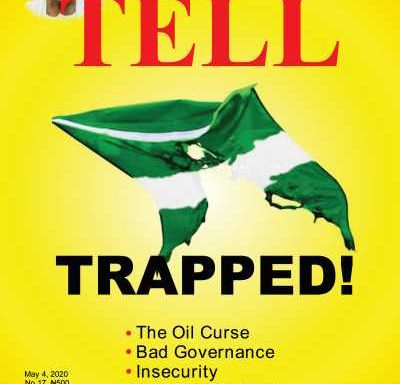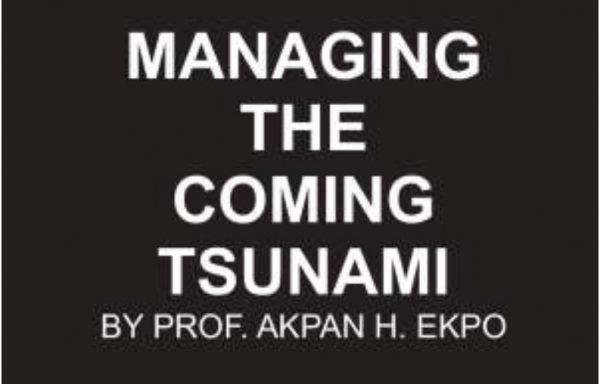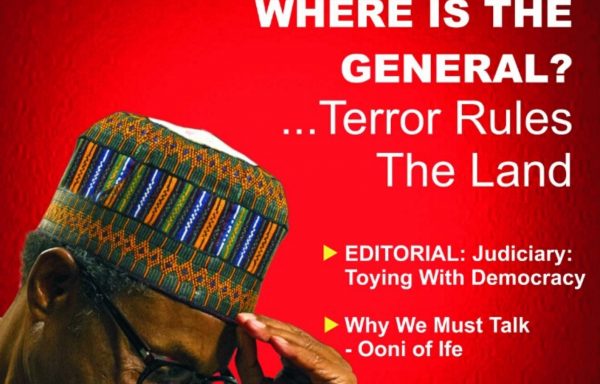Since the demise of Abba Kyari, the powerful chief-of-staff of President Muhammadu Buhari, there has been an outpouring of glowing tributes by those who regarded him as a good friend. From top members of the executive, led by Buhari himself, to leaders of the National Assembly, they all have been most generous with accolades for Kyari who was the most high profile victim of the deadly coronavirus in Nigeria so far. The Northern Governors and South-east Governors Forum also added their voices to the chorus of praises for him.
Particularly moving were the tribute by the president, who described his late top adviser and alter ego as “the best of us”, and that of Geoffrey Oyeama, foreign affairs minister, who was a classmate of Kyari at Warwick University in Britain. Oyeama emotionally sketched a picture of his friend that humanised him so eloquently and showed the other side of his personality. He wasn’t the power-monger and ruthless apparatchik of Aso Rock that he was universally perceived to be, Oyeama seems to be saying.
Femi Fani-Kayode, the irrepressible gadfly and most acerbic critic of the Buhari administration, was unstinting in his celebratory tribute to his “friend and brother” whom he said was by nature “a good man”. Femi said that, while he disagreed with his choice of who to serve, he deeply appreciated his strong loyalty to his boss.
He agreed that Kyari was, indeed, a very powerful chief of staff, but that he used his position and immense power to do some good. Femi gave an example of how Kyari stopped the plan (ostensibly by the infamous Aso Rock cabal of which he was a key member) to get a former president placed under house arrest and a former chief of army staff and defence minister from being arrested and detained.
Femi’s claim was quite revelatory even though it was vague in terms of details. He told those who trolled, and even cursed, him for eulogising someone he had known for over 40 years, “to go to hell”. He made it clear that he didn’t owe anybody any apology for acknowledging his friendship with Kyari who he wouldn’t disown, especially after his death, because of the man he served.
There were many other people who wanted the public to know that they were friends of the man. They all said virtually the same nice, flattering but deodorised things about him, all apparently competing to show us the ‘real’ kyari, and not the maligned and loathed man who dominated the presidency.
Convention forbids us from speaking ill of the dead. Not this time though, as many people obscenely celebrated Kyari’s death. They criticised those, like Femi and Oyeama, who stood by him as his friends. Many of the things those who disparaged him said, are beyond the pale and inexcusable. You don’t have to like someone, and you can disagree with and criticise the person without resorting to very offensive abuses. But given Nigeria’s very febrile politics and the concentration of executive power in the hands of a cabal of which Kyari was the frontman, the bitterness of those denigrating him is understandable but unjustifiable.
given Nigeria’s very febrile politics and the concentration of executive power in the hands of a cabal of which Kyari was the frontman, the bitterness of those denigrating him is understandable but unjustifiable.









 WhatsApp us
WhatsApp us